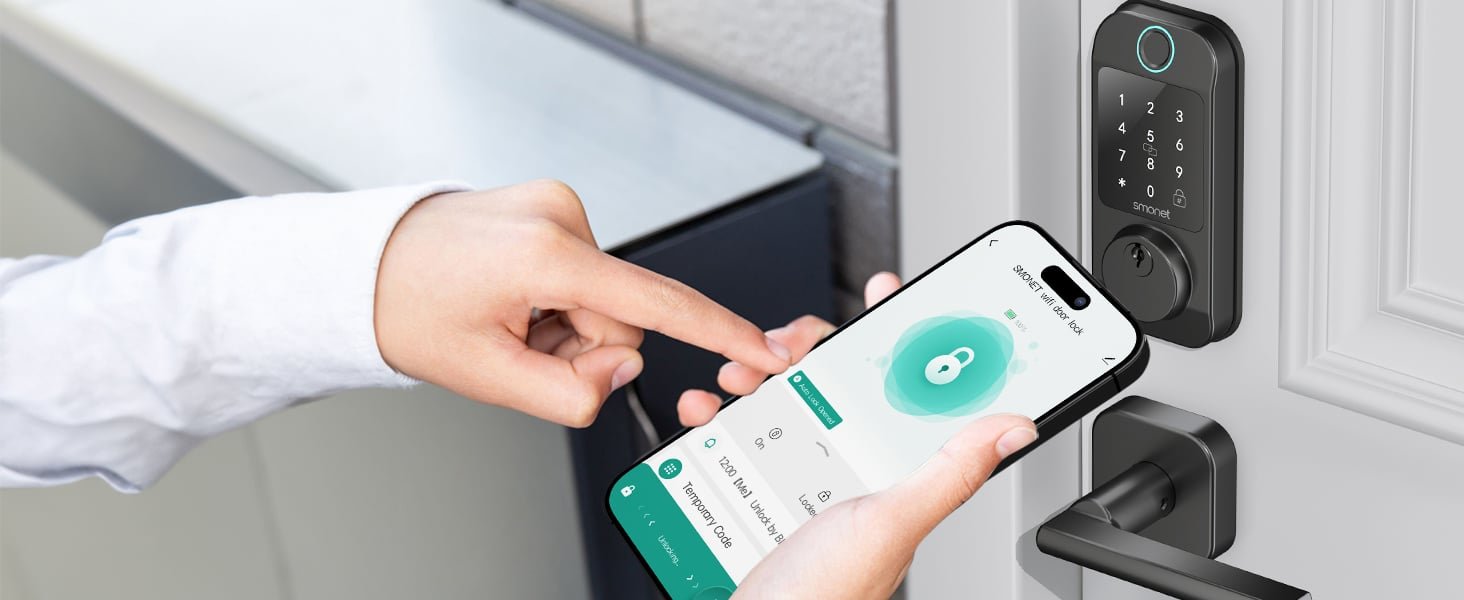Security should never come at the expense of comfort, especially for individuals with sensory sensitivities or disabilities. The loud click of a deadbolt, the high-pitched beep of a keypad, or even the resistance of a stiff doorknob can be overwhelming or difficult to manage for some individuals. That’s where the concept of “silent security” comes in—a more inclusive approach to locks and access systems that prioritize ease, accessibility, and sensory-friendly functionality.
Let’s explore what silent security means, who it benefits, and how professional locksmith services can help make homes and spaces safer and more comfortable for everyone.
Understanding Sensory Sensitivities and Physical Challenges
Many people live with sensory processing disorders, autism, ADHD, PTSD, or other conditions that make them more sensitive to sound, vibration, or sudden stimuli. Meanwhile, others live with physical disabilities, arthritis, or muscle weakness that make turning keys or gripping door handles difficult.
In these situations, traditional locking mechanisms—whether too loud, too stiff, or too complex—can be more than an inconvenience; they can impact a person’s sense of independence and safety in their own home.
This is where inclusive lock solutions come into play.
What Is Silent Security?
Silent security refers to lock and access systems that are designed to be:
- Quiet (no loud clicks, beeps, or buzzes)
- Smooth operating (minimal physical force needed)
- Accessible (easy to use for people with mobility challenges)
- Discreet (non-disruptive designs that blend into the environment)
These types of locks aren’t just quieter—they’re thoughtfully designed with the user experience in mind.
Types of Locks for Sensory-Friendly or Accessible Security
Let’s discuss the types of locks for accessible security.
1. Keyless Entry Locks (Without Beeping)
Some digital locks can be configured to operate silently. Look for models that allow you to disable sound notifications, such as beeping when pressing keypad buttons or unlocking the door.
2. Smart Locks with App Control
Smart locks can be unlocked via smartphone apps, voice assistants, or Bluetooth proximity detection—no physical keys or turning required. These are great for users with limited dexterity or grip strength.
3. Soft-Touch Lever Handles
Instead of knobs, lever-style handles with soft-return mechanisms reduce the need for twisting and turning, making them easier to use and quieter than traditional knobs.
4. Magnetic Locks (for Interior Doors)
Interior privacy can be preserved using magnetic locks, which operate without the “clunk” of a latch. They’re especially helpful for bedrooms, sensory-safe spaces, or therapy rooms.
5. Voice-Controlled or Motion-Activated Locks
For individuals with mobility impairments, voice-activated or motion-sensing locks can offer complete hands-free access while maintaining security.
How Locksmiths Can Help
A professional locksmith isn’t just someone who opens doors—they’re problem solvers who can customize security solutions based on the individual needs of their clients.
Here’s how a locksmith can assist people with sensory sensitivities or disabilities:
1. Personalized Assessments
Locksmiths can perform on-site evaluations to assess what kinds of locks would work best based on door types, user abilities, and sensitivity levels.
2. Custom Installations
Installing specialized locks often requires more than a standard setup. Locksmiths in Bishop’s Stortford can adapt locks to existing doors or entry systems, ensuring a smooth and safe operation without unnecessary modifications.
3. Programming & Custom Settings
Smart locks and digital systems often come with programmable features—like turning off sound, adjusting auto-lock timing, or setting up app access. Locksmiths can take care of the setup, saving users from technical frustration.
4. Emergency Support
In case of malfunctions or lockouts, having a local locksmith on call who understands the unique setup and needs of the user ensures that any issue is handled quickly, respectfully, and professionally.
Designing Homes That Include Everyone
Inclusive security doesn’t just help individuals—it brings peace of mind to families and caregivers too. Parents of children with autism often seek quiet and secure bedroom locks that offer privacy but can be accessed quickly in case of emergency. Older adults with arthritis or mobility challenges benefit from easier-to-use lock hardware that supports aging in place.
Working with a trusted emergency locksmith in Harlow means you’re not just installing a product—you’re creating a supportive environment where accessibility and safety work hand in hand.
Final Thoughts: Security Without the Stress
Everyone deserves to feel safe in their own space—but safety should never come at the expense of comfort. With the help of inclusive design and expert locksmith services, silent security is possible. From soft-touch handles to whisper-quiet smart locks, today’s lock technology can meet a wide range of sensory and physical needs.
If you or someone in your home could benefit from a more accessible locking system, reach out to a professional locksmith who specializes in adaptive security solutions. Your peace of mind is only a quiet click away.
Let me know if you’d like this turned into a blog post format with headings, pull quotes, or even a downloadable PDF guide!




